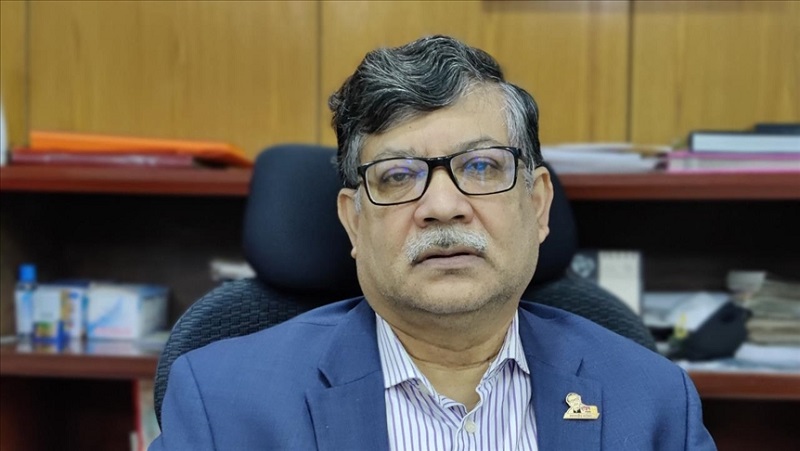The Bangladesh foreign ministry has instructed all ambassadors and high commissioners across the world to “reach” out to the host governments and brief them about the situation at home, especially in the backdrop of the ruling Awami League regime’s unprecedented brutal countrywide crackdown on students.
In a July 25 email message to the heads of Bangladesh’s missions abroad, Foreign Secretary Masud Bin Momen, while expressing confidence that “things at our end will be gradually under control”, urged the envoys to find out the “initial reaction” of the host governments…on the recent developments in Bangladesh”.
The Bangladesh foreign ministry, the email says, expected receiving the envoys’ feedback by July 29.
The email reveals that the foreign ministry had, till July 25, despatched six “briefing notes along with video clips” since July 18, when the brutal crackdown by the security forces began. Bangladesh’s high commission in New Delhi was also roped into share these notes and video clips with the country’s envoys elsewhere across the world.
Masud’s email reveals that the Bangladesh government is particularly concerned and worried of adverse reactions among not only the host governments but also the media and civil society organisations in those countries.
“Is there any local media report on the issue? And whether any negative narratives on the situation in Bangladesh? Whether mission attempted to engage editors/sub-editors/desk reporters to portray real scenario?,” Masud asked his colleagues posted abroad
The foreign secretary was particularly interested in finding out whether demonstrations in “support of the student ‘Quota Movement’ were held either in “your host country/accredited country”. While seeking answers to such questions, the foreign ministry advised the Bangladeshi envoys abroad to “remain vigilant” and “write to the Ministry for further support in this regard, if required”.
The email instructed Bangladeshi envoys to “reach out” to “local think tanks, civil society organisations, academia (and) opinion makers” to “suitably brief on the recent developments in Bangladesh and measures taken by the Government”.
The email reveals that the Sheikh Hasina government is particularly interested in knowing whether “favourably disposed” Bangladeshi diaspora “have been discreetly utilised to boost counter narratives among” them.
In the email, Masud admits the “main challenge seems to be controlling the narratives in (sic) social media (Facebook, YouTube, Twitter/X, WhatsApp etc)” and “if there is any effective way to tackle this”. The Bangladesh foreign ministry expects receiving “specific suggestions which could be useful in the coming days to face the challenges”.















